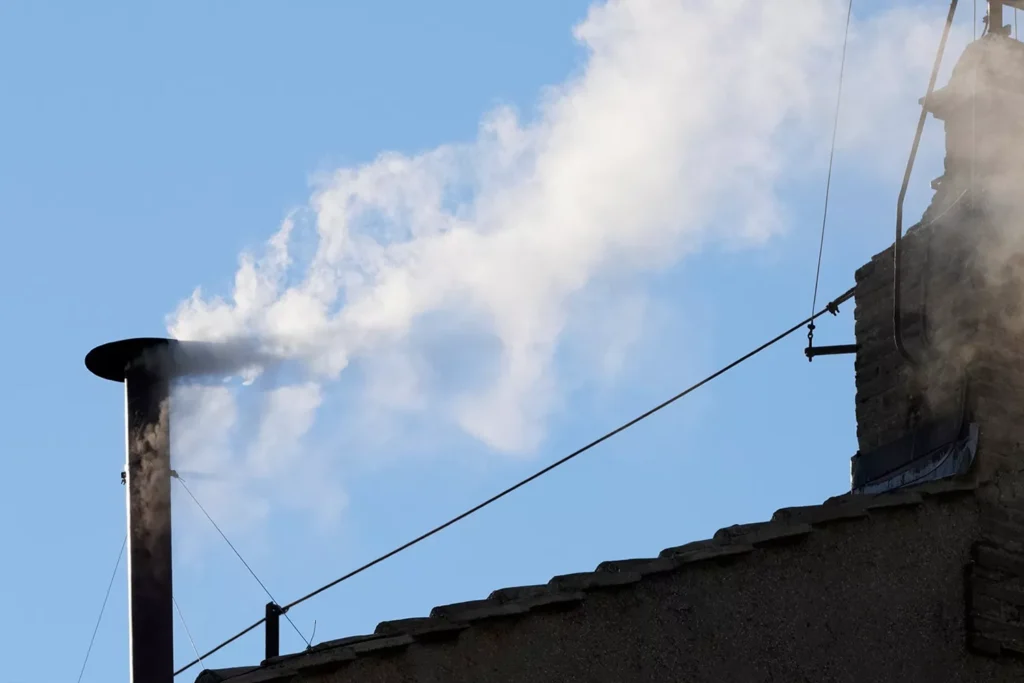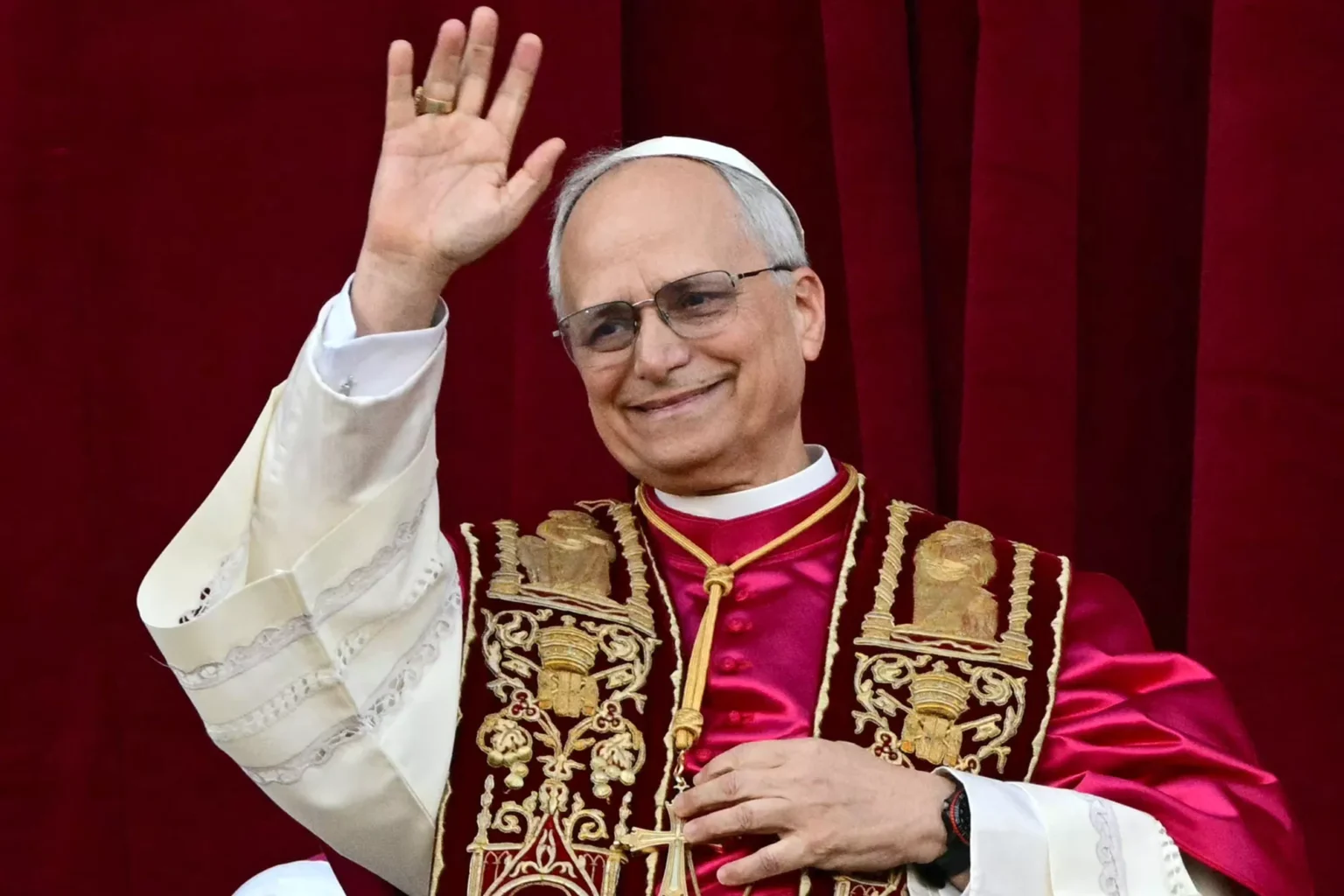In a historic moment for the Roman Catholic Church, Cardinal Robert Francis Prevost has been elected the 267th pope, taking the papal name Pope Leo XIV. The announcement came on the afternoon of May 8, when white smoke billowed from the Sistine Chapel chimney, signaling to the world that the College of Cardinals had reached a decision.
“Habemus Papam” — A New Era Begins
The iconic Latin phrase “Habemus Papam” (“We have a pope”) was joyfully proclaimed from the balcony of St. Peter’s Basilica, confirming the Church’s new spiritual leader. Moments later, Pope Leo XIV, aged 69, appeared before the public for the first time, offering the words: “Peace be with you.”
In his heartfelt inaugural address, the new pope paid tribute to his predecessor, Pope Francis, saying, “He blessed Rome, gave his blessing to the entire world that morning of Easter. Allow me to follow up on that blessing. God loves us. God loves everyone. Evil will not prevail.”
From Chicago to the Vatican
Born in Chicago, Pope Leo XIV becomes the first American pope in the Church’s nearly 2,000-year history. A former leader of the Augustinian order, he has long been respected for his pastoral approach and commitment to global outreach. In 2023, Pope Francis appointed him to the Dicastery for Bishops, entrusting him with the responsibility of overseeing the appointment of bishops around the world.
Prevost also spent over a decade in Peru, serving as the bishop of Chiclayo, where he was deeply involved in missionary and community work. His bilingual fluency and cross-cultural understanding are expected to bring a more inclusive voice to the Vatican.
The 2025 Conclave: A Record-Breaking Assembly
The conclave that elected Pope Leo XIV was one of the most significant in Church history. It began on May 7 and concluded the following day with a two-thirds majority vote. Of the 135 eligible cardinals, 133 participated, marking the largest voting body ever to elect a pope. Notably, 108 of the electors had been appointed by Pope Francis, reflecting his efforts to diversify the College of Cardinals with voices from Africa, Asia, and Latin America.

This rapid consensus after just a few rounds of voting signaled strong unity among the cardinals in choosing a moderate leader who shares many of Pope Francis’s values while also offering a fresh perspective.
A Papal Name with Powerful Symbolism
By choosing the name Leo XIV, the new pope draws inspiration from Pope Leo XIII, known for his groundbreaking work on social justice, labor rights, and modernization of the Church in the late 19th century. The name suggests a continued commitment to addressing contemporary global challenges, from poverty and inequality to climate change and interfaith dialogue.
Reactions Around the World
The news of an American pope was met with celebration across the United States, particularly in Chicago, where locals gathered outside cathedrals to witness the historic announcement. Leaders from across the political and religious spectrum extended their congratulations, praising Pope Leo XIV as a symbol of hope and change.
Catholics across Latin America also expressed joy, given Prevost’s years of service in Peru and his deep understanding of the region’s spiritual and social needs.
What to Expect From Pope Leo XIV
Pope Leo XIV inherits a Church grappling with numerous internal and external challenges, including secularization, sexual abuse scandals, and debates around doctrine and tradition. However, his track record suggests a pope who is both pastoral and pragmatic.
Key issues likely to be central during his papacy include:
- Promoting transparency and accountability within the Church
- Bridging divides between progressive and conservative Catholics
- Expanding the Church’s global outreach, especially in the Global South
- Supporting interfaith cooperation and environmental stewardship
Conclusion
Pope Leo XIV’s election represents a profound shift in the global Church—a move toward diversity, humility, and service. As the first American pope and a man shaped by both Western and Latin American perspectives, his leadership may well redefine what it means to serve as the Vicar of Christ in the 21st century.




